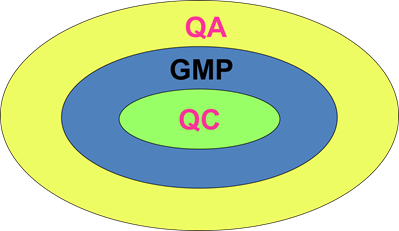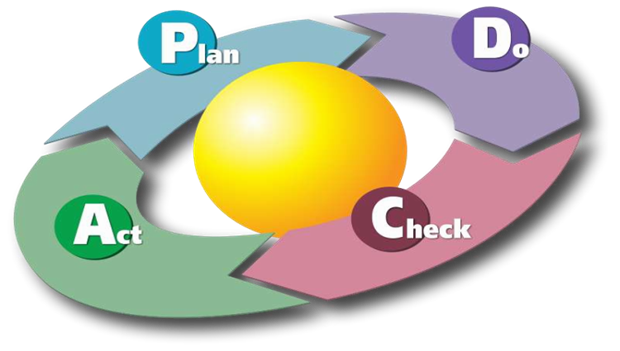INTRODUCTION TO QUALITY AND ITS IMPORTANCE
•
There are so many definitions for Quality.
•
Quality is…..
–
Based on judgments by an individual or
organisation
–
Fitness for purpose
–
Corresponds to a rating
–
Based on acceptable performance
–
Meeting goals
–
Meeting requirements
What is Quality Assurance?
•
What is Quality?
Quality is the ability of your product to be able to satisfy your users
•
What is Quality Assurance?
Quality Assurance is the process that demonstrates your product
is able to satisfy your users
What is the Aim of QA?
•
When good Quality Assurance is implemented there
should be improvement in usability and performance and lessening rates of
defects
QUALITY TERMINOLOGY
•
Quality Control
= Correction
•
Quality Assurance = Prevention
•
Quality
Management = Enhance Customer
Satisfaction and Continual Improvement
WHAT DOES QA GIVE?
–
Quality’
means measure of excellence or state of being free from defects or significant
variations.
–
But
‘quality assurance’ needs documented standards and best practices to be meaningful
–
‘Quality’
& ‘Best Practice’ can be considered in terms of being ‘Fit for Purpose’
WHAT IS QUALITY CONTROL?
•
Quality Control (QC) is the implementation of
regular testing procedures against your definitions of quality and more
specifically the refinement of these procedures
–
Formal use of testing
–
Acting on the results of your tests
–
Requires planning, structured tests, good
documentation
–
Relates to output – Quality Circle
–
Standards – ISO 9000 & BS5750
•
however there is currently no such standard for Web sites
QUALITY RELATIONSHIPS
Quality Management
â
Quality Assurance
â
GMP
â
Quality Control
FACTORS IN DRUG QUALITY ASSURANCE
DRUG PRODUCT QUALITY
– IMPORT
& EXPORT CONTROL
– PACKAGING
– LABELLING
& PRODUCT INFORMATION
– QC
& ANALYSIS
– TRANSPORT
DISTRIBUTION DISPENSING & USE
– STORAGE
– MANUFACURING
PROCESSES & PROCEDURES
– RAW
MATERIALS
– HUMAN
RESOURCES- PROFESSIONALS
– LEGISLATIVE
FRAMEWORK –REGULATIONS
Quality Assurance: Essential at All
Stages
PRINCIPLES OF QUALITY ASSURANCE
• Customer focus
• Leadership
• Involvement of people
• Process approach
• System approach to management
• Continual improvement
• Factual approach to decision
making
• Mutually beneficial supplier
relationship
COMPONENTS OF QUALITY ASSURANCE
• STRUCTURE EVALUATION
• PROCESS EVALUATION
• OUTCOME EVALUATION
MODELS OF QUALITY
ASSURANCE
1. System
Model
2. Input
3. Throughput
4. Output
5. Feedback
QUALITY ASSURANCE MODEL
PLAN, DO, STUDY, ACT CYCLE
LEVELS OF EVALUATION OF QUALITY
OF CARE
National Level
Trust or organization level
Local Level
APPROACHES OF QUALITY IMPROVEMENT
General Approaches
• Credentialing
• Licensure
• Accreditation
• Certification
• Charter
• Academic Degrees
Specific Approaches
• Peer Review Committees (Staff
Review Committees)
• Standard as a device for quality
assurance



